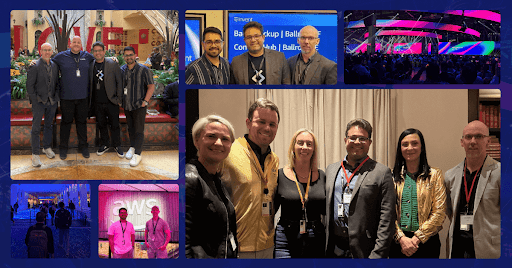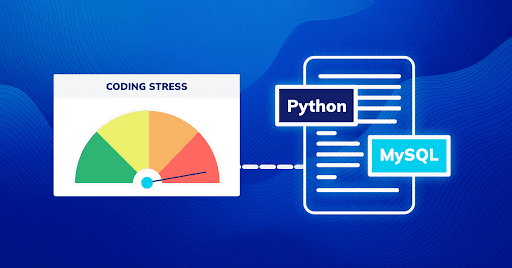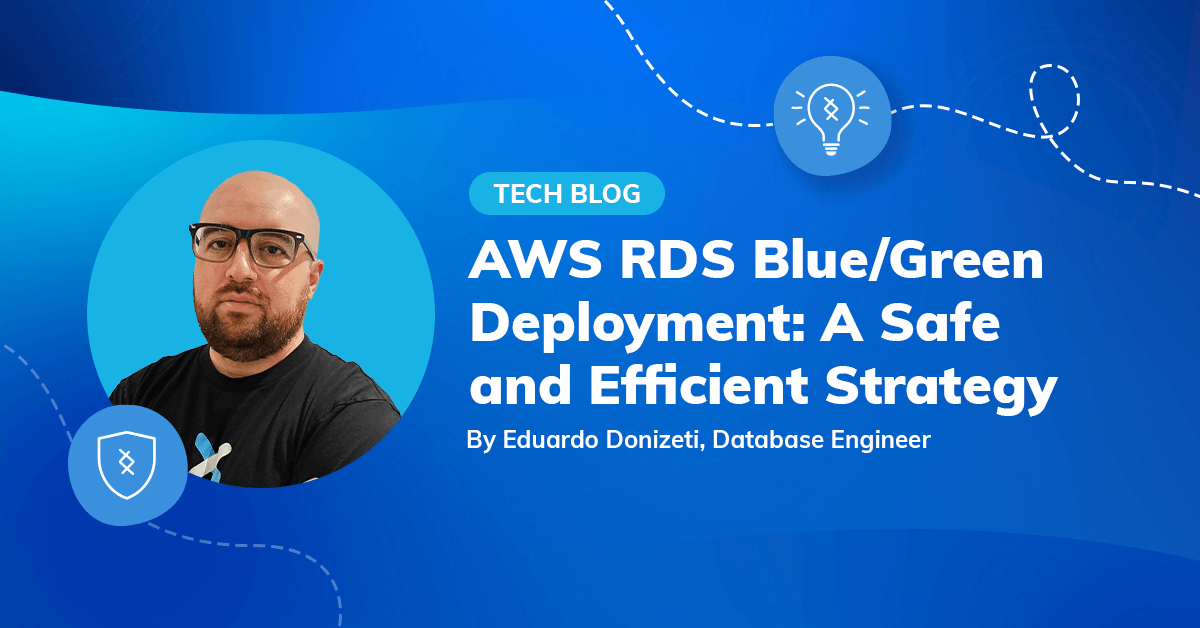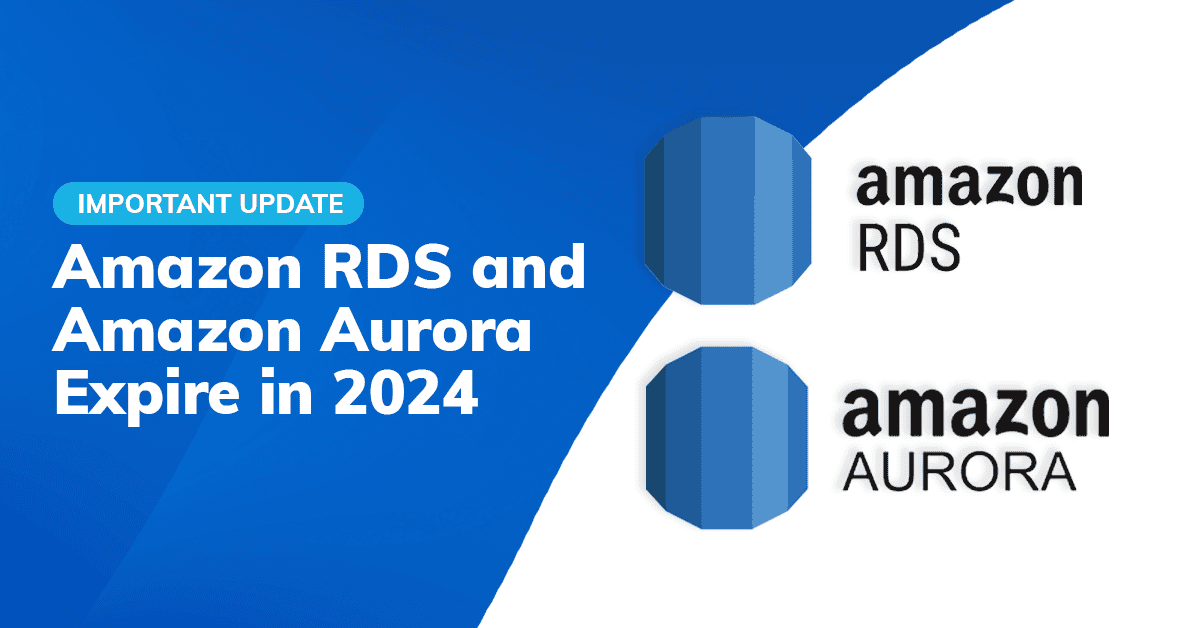
About Magama
Magama is a Chilean startup that has been delivering innovative digital experiences for the past 4 years. Using incredible immersive solutions, Magama transports customers to the world of virtual reality through 3D virtual tours, intended for both events and activities on the topics of engineering and architecture.
Customers can also explore the Metaverse by utilising Magama’s artificial intelligence and chatbots. The startup has integrated AI into the virtual world and connected a chatbot, which aids the user’s navigation. Furthermore, the voice assistant option enables seamless communication and interaction with both the chatbot and other users in the environment – increasing ease and enjoyment for users as they explore the virtual world.

The Business Challenge
Connecting the world of chatbots to virtual reality
Magama already had engaging solutions but was missing one vital element: a chatbot. With the addition of a chatbot, end users would have an even more immersive and fluid experience. A chatbot would eliminate the need for human assistance in the majority of cases by providing answers to user questions, as well as resolving basic issues with the virtual space in a quick & automated way.
From a technical point of view, Magama needed to connect to not only a chatbot, but also to channels such as Messenger, Whatsapp, and others. To achieve this, Magama required an integration that allowed connections between the various systems and chatbots. Analytical and quality control metrics also needed to be implemented, enabling Magama to monitor and optimise the chatbot’s performance, as well as gather insights for improved future developments.
During the project an additional challenge emerged when the discontinuation of the VR service being used by Magama was announced. To ensure the virtual solution would be supported and have its technical needs met for many years to come, identifying and switching to another suitable VR service was vital.
Magama’s decision to leverage AWS as their primary cloud provider led them to partner with the team at DNX Solutions, who brought their vision to life.
The Solution: API and the Dashboard
DNX proposed a two-part solution to achieve Magama’s objectives. The solution first addressed the need to integrate applications with any Amazon Lex chatbot, which in this case was Lex v2. The DNX team created a serverless API, powered by Amazon, that intermediates the communication and supports communication both via text and voice. Incorporating a voice assistant option provides users with a more natural and intuitive way of interacting with the chatbot. It removes the need for written explanations, which can interrupt the flow of the experience. In addition to Amazon Lex, the main services used to reach this outcome were Amazon API Gateway and Amazon Lambda.
The second part of the solution was to create an Amazon Lex analytics dashboard. To achieve this, we used Amazon CloudWatch Logs Insights, which consumes native Amazon Lex logs and allows for visualisation of results on a dashboard. DNX wrote the entire solution and built the infrastructure using code (IaC), which not only increases the ease of replication, modification and control, but also met Magama’s need to be able to create multiple dashboards for their wide range of customers.
Using APIs was identified as the most appropriate technology to meet Magama’s needs once it came to light that the planned VR service would soon be discontinued. Although this required a modification of the proposed solution, the DNX and Magama teams worked together to ensure as little disruption to the project scope and ideation as possible. Ultimately, the use of APIs brought additional benefits to Magama due to the availability of a larger range of compatible integrations.
Interacting Inside & Outside of Virtual Reality
The final product DNX delivered was an agnostic solution, which, through simple adjustment of the parameters, can integrate any Amazon Lex v2 chatbot and have the desired metrics visualised. This supports Magama’s purpose of providing innovation with chatbots in various environments, inside and outside of virtual reality, and capturing relevant data for visualisation on the dashboard.
Another positive outcome of the project was the ability Magama now has to make APIs available to their contractors directly, whilst simultaneously maintaining control over them. This control will allow Magama to adopt a usage-based pricing system for the chatbot solution in the future, if desired.
Last but not least, despite the adjustments made to the scope and ideation during the project, Magama received a cost-effective and versatile solution that can be easily configured and deployed ad infinitum, facilitating growth and scalability.


























